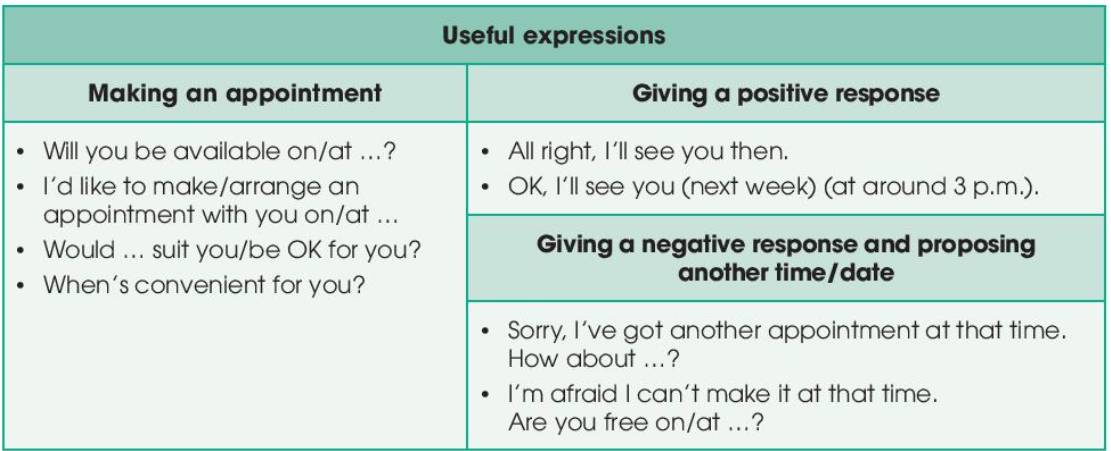Read the text and complete the table below with information from the text. Use no more than TWO words or a number in each gap. UK EDUCATION AFTER SECONDARY SCHOOLIn the UK, students can choose to end their formal education at 16, but in England they must stay in full-time education or do a training course until the age of 18.Many 16-year-old students go on to study at different vocational colleges. Vocational education usually lasts up to three...
Đọc tiếp
Read the text and complete the table below with information from the text. Use no more than TWO words or a number in each gap.
UK EDUCATION AFTER SECONDARY SCHOOL
In the UK, students can choose to end their formal education at 16, but in England they must stay in full-time education or do a training course until the age of 18.
Many 16-year-old students go on to study at different vocational colleges. Vocational education usually lasts up to three years. During this time, students learn job-specific skills. That is why vocational education is often referred to as career education or technical education. Many students still go on to higher education after receiving their vocational qualifications.
Alternatively, students can go toa sixth-form college or stay at their secondary school if it offers a sixth form for two more years. Students usually focus on three or four subjects that they are interested in or related to the degree they want to study at university. Exams are taken at the end of the two-year course, and the grades are used to apply for university courses. Not all students leaving sixth form go to university. Some prefer to get into a vocational course or find a job.
At university, students study for at least three years in order to get a bachelor’s degree. After the first degree, they can study for one to two years to get a master’s degree, and three to five years to get a doctorate.
UK education after secondary school |
Age at end of formal education | - 16 in the UK - stay until the age of (1) ________ in full-time education or do training in England |
Vocational education | - lats up to three years - also called career education or (2) _________ - some students still go on to (3) _________ |
Sixth form | - lasts two years - students study subjects they are interested in or subjects related to higher education. - grades are used to apply for (4) _________ |
University education | Students study to get a (5) ________, a master’s degree, or a doctorate |
